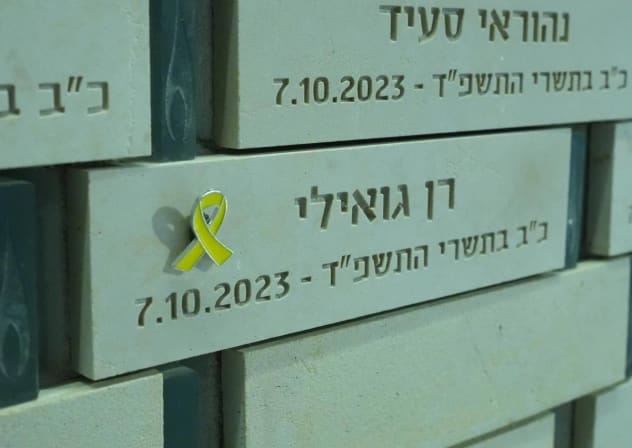Netanyahu trial: Prosecutors press PM on Bezeq-yes merger, alleged witness signaling in Case 4000
Netanyahu faces bribery, fraud, and breach of trust charges in Case 4000, accused of advancing Bezeq merger steps that benefited the company while receiving favorable Walla coverage.













